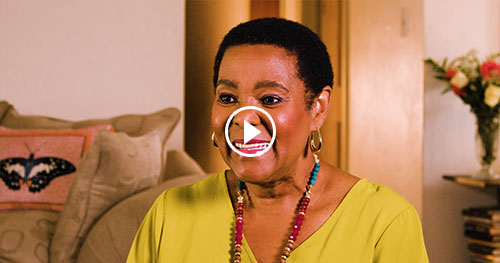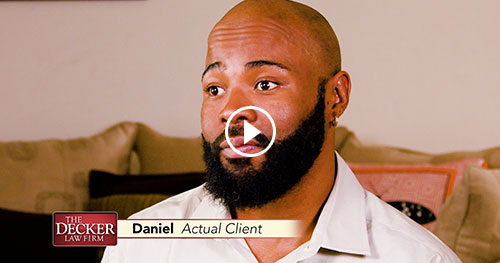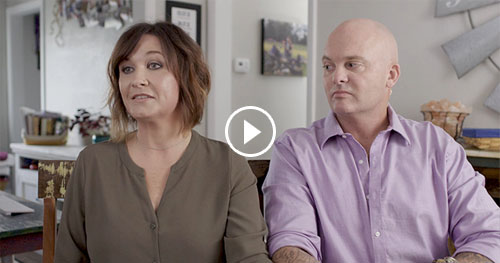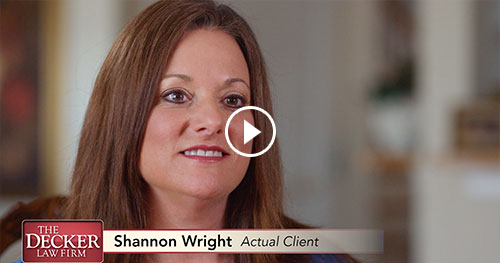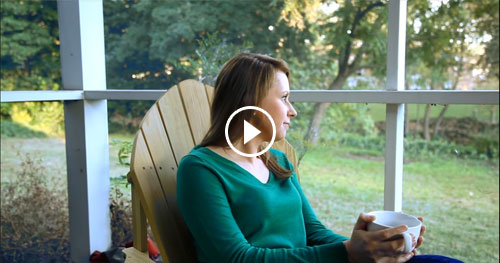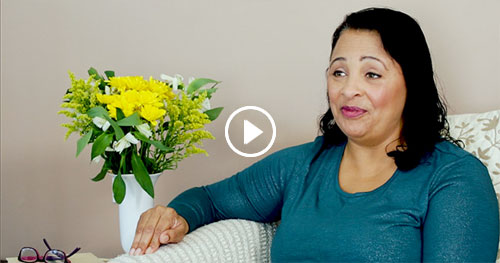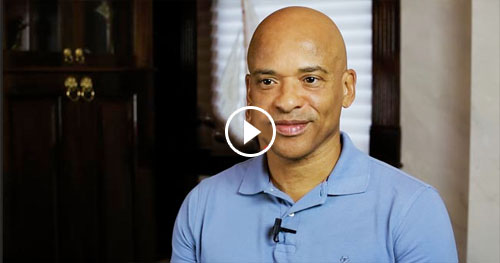Understanding Domestic Violence Laws in Virginia
Understanding the consequences of family violence disputes is crucial for all parties involved. Sometimes cases occur where family members face wrongful accusations. However, whether you’re experiencing abuse or facing domestic violence charges, knowing your rights under Virginia State law remains essential for protecting your future.
What Constitutes Domestic Violence in Virginia
According to Virginia State law, domestic violence encompasses any physical act of abuse between individuals sharing the same household. Oftentimes, this involves family members, but it also applies to unrelated residents living together. Furthermore, the Virginia court system defines family members as parents, siblings, spouses, or individuals who have cohabited within the most recent 12 months.
Additionally, Virginia considers couples who share a child to fall under these laws, regardless of their current living arrangements. Consequently, many relationships may qualify for legal protections or face potential charges under this broad legal definition.
Facing these charges requires serious consideration due to their severe consequences. If convicted, defendants can face misdemeanor or felony charges along with substantial jail time. Moreover, under Virginia State Penal Code Section 16.1-279.1, plaintiffs have the right to request protective orders against accused family members.
Expected Legal Process Following Family Violence Charges
When allegations arise, law enforcement officers must investigate thoroughly and prevent further violence incidents. Initially, suspects facing accusations will be arrested, and magistrates typically issue protective orders immediately.
One significant difference between domestic violence and standard assault charges involves the automatic protective order issuance. These legal instruments establish specific boundaries that alleged perpetrators must follow to avoid additional charges.
Essential Steps When Facing Family Violence Allegations
Your first priority should be contacting an experienced attorney specializing in these laws. Specifically, you need legal representation that understands case complexities and can develop comprehensive defense strategies effectively.
Your attorney will help construct the complete case picture by gathering witness testimony and collecting supporting evidence. Meanwhile, anyone who potentially witnessed relevant events becomes valuable for building your defense strategy.
Equally important, you must immediately cease contact with the person bringing charges against you. Although you might believe family members can be persuaded to drop charges, this approach typically backfires and may violate protective order terms. Instead, allow your attorney to handle all communications and legal proceedings professionally.
Common Defense Strategies in Family Violence Cases
Two primary defense types exist for these accusations: self-defense and defense of others. Self-defense applies when accusers initiated the altercation, making this the most common defense strategy used.
Defense of others occurs when individuals reasonably believe another person faces imminent harm and intervene protectively. In Virginia courts, defenders can “step into the shoes” of threatened individuals, giving them equal rights to use reasonable protective force. Naturally, complete denial that assault occurred also serves as a viable defense option.
Penalties and Consequences for Domestic Violence in Virginia
Virginia establishes several specific charges under the family violence umbrella through its State Penal Code. Understanding each charge becomes important because penalties vary significantly based on specific circumstances and prior convictions.
Assault and Battery Against Household Members
This Class 1 misdemeanor carries up to one year jail time and fines reaching $2,500 for first-time offenders. However, individuals with two or more previous convictions face Class 6 felony charges, starting with one year incarceration but often resulting in longer sentences.
Shooting, Stabbing, or Attempting Serious Harm
When individuals use weapons to intentionally harm family members maliciously, they face Class 3 felony charges. These convictions result in minimum five-year prison sentences. Furthermore, if victims suffer permanent damage, charges can escalate to Class 2 felonies, carrying 20 years to life imprisonment.
Stalking Charges
Stalking can be either a Class 1 misdemeanor or Class 6 felony, depending on case circumstances. First-time stalking charges typically result in misdemeanor classifications. However, stalking the same person within five years elevates charges to felony status automatically.
Virginia’s No Drop Policy Explained
Virginia operates as a “No Drop” state, meaning prosecutors can pursue charges even when plaintiffs change their minds later. This policy protects victims from potential coercion or pressure to abandon their cases inappropriately.
Therefore, even when alleged victims no longer wish to pursue charges, the state can continue prosecution based on available evidence and witness testimony gathered during investigations.
How Experienced Legal Representation Protects Your Rights
These charges can permanently alter your life through incarceration, expensive fines, and employment loss. Consequently, having competent legal representation becomes essential for protecting your future and constitutional rights effectively.
You need an attorney who understands distinctions between assault and family violence while recognizing nuanced aspects of these specialized laws. Someone with comprehensive knowledge possesses greater skill in mounting appropriate defenses on your behalf successfully.
The American Bar Association recommends researching attorneys’ experience and specializations before hiring decisions. Additionally, the National Legal Resource Center provides valuable information about these laws and legal procedures nationwide.
If you need help with a domestic violence case, contact Decker Law today for experienced legal representation!


